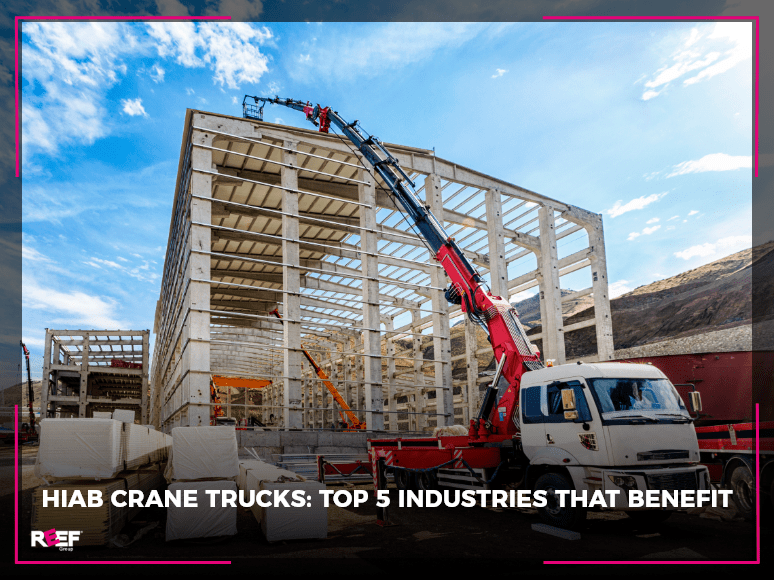Emissions regulations are getting tighter; are freighters ready for it?

DHL Export Barometer 2018: Online E-Commerce, International Markets to Dominate Booming Australian Export Industry
December 17, 2018
Australian government to welcome next-gen transportation with open arms
December 30, 2018In one of the many bids to reduce the effects of climate change, government regulatory boards around the world have slowly but surely tightened the limits on the amount of greenhouse gases cars should emit. In Australia, these regulations have been in place since the 70s and have become progressively stricter over the last four decades, with the most recent standards being ADR 79/04 for light vehicles (comparable to Euro 5) and ADR 80/03 for heavy vehicles like trucks and buses (comparable to Euro V). The primary point of concern for land-based logistics companies is the fact that the diesel engines that trucks use today will not be able to catch up with these emissions regulations due to the inherent characteristics of diesel fuel itself. This, of course, means that most if not all of the Australian trucking industry will inevitably go obsolete.
Though it may be a hard pill to swallow, change is, as the saying goes, the only constant in the universe. In order to save our environment, we must be able to adapt to said changes. And as it stands right now, the next logical step in our progression is the shift towards electric power. One of the big blocks paving the way toward this future is, of course, more government regulation. Members of the European Parliament have reached a decision in November to further minimise the CO2 outputs of cargo truck fleets across the industry. Specifically, members of the European Parliament have set a target of a 35% reduction in CO2 emissions for industrial vehicle fleets by 2030, while also urging trucking companies to replace at least 20% of their existing fleets with zero or low-emissions vehicles (ZLEVs) within the same time frame.
These emissions targets are no doubt difficult ones; however, companies around the world are already rising up to the challenge. Thirty-one internationally recognised companies, each one a respected name in their respective industries, have already signed on to the EV100 Initiative, a global voluntary advocacy group that aims to hit reductions in emissions similar to those set forth by the European Parliament, with the ultimate goal of shifting all industrial transport solutions to electric power in the foreseeable future.
Among the companies in support of the EV100 Initiative is German-based industrial logistics providers DB Schenker AG, which operates the largest land transport network in Europe. The company is determined to achieve European Parliament’s emissions regulations target, with CEO Jochen Thewes stating further that, “To encourage the forthcoming structural transformation in the automotive industry and the availability of alternative drive technologies in freight transport as well, I consider the ambitious CO2 reduction targets for commercial vehicles of 20% by 2025 and 35% by 2030 to be absolutely feasible.” Outside of industrial freight, Deutsche Post DHL Group has also joined the list of names supporting EV100, with further plans to completely revamp its fleets and provide zero emissions logistics by the year 2050. To this end, the company is already in the process of rolling out all-electric delivery vehicles through its acquisition of StreetScooter GmbH, a manufacturer with experience in developing electric-powered vans.
So to answer the question in this headline, yes, freight companies seem to be more than ready for the future of logistics.


